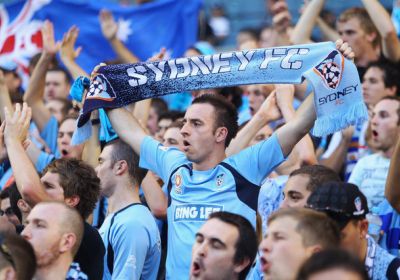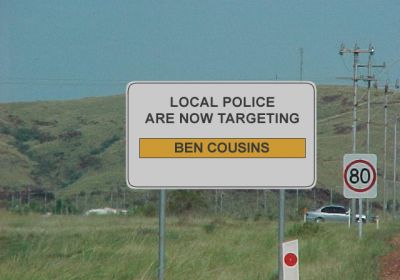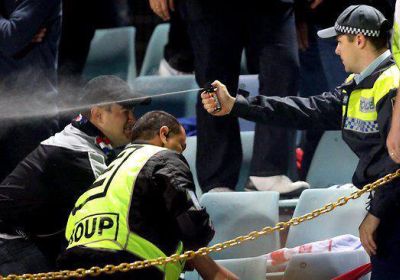
The Senate has called on Football Federation Australia and A-League clubs to take action to ensure football fans are not over-policed, AAP said on February 2.

The Senate has called on Football Federation Australia and A-League clubs to take action to ensure football fans are not over-policed, AAP said on February 2.
 “In a touching tribute to thousands of refugees who lost their lives crossing the Mediterranean from Turkey into the EU, two Greek football teams orchestrated a sit-in at the start of the match to protest against the policies of 'brutal indifference',” RT.com said on February 1.
“In a touching tribute to thousands of refugees who lost their lives crossing the Mediterranean from Turkey into the EU, two Greek football teams orchestrated a sit-in at the start of the match to protest against the policies of 'brutal indifference',” RT.com said on February 1.
 Red and Black Bloc banner on November 29.
A large-scale revolt of fans of the A-League, Australia's leading football (soccer) competition, has broken out. With several “active support” fan groups on an indefinite strike and fans from each of the 10 clubs protesting in one form or another, it is one of the largest sporting-related protests in Australia's history.
Red and Black Bloc banner on November 29.
A large-scale revolt of fans of the A-League, Australia's leading football (soccer) competition, has broken out. With several “active support” fan groups on an indefinite strike and fans from each of the 10 clubs protesting in one form or another, it is one of the largest sporting-related protests in Australia's history.
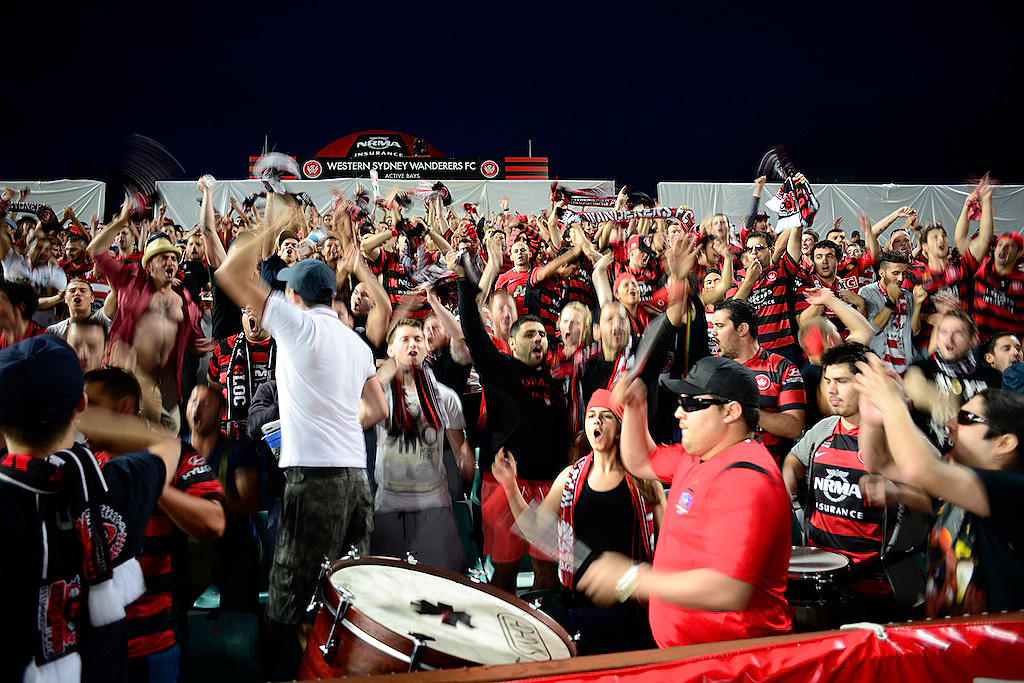 This week Parramatta found itself the shocking scene of terror — the sort of thing you might expect in foreign nations, but which many Australians surely believed would never happen on our streets.
This week Parramatta found itself the shocking scene of terror — the sort of thing you might expect in foreign nations, but which many Australians surely believed would never happen on our streets.
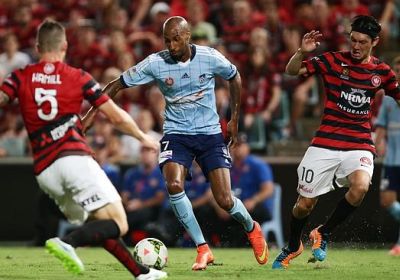
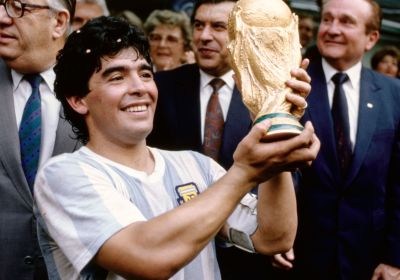
Argentine football legend Diego Maradona confirmed on June 21 that he will run for FIFA's presidency, according to his friend and former co-host of a TeleSUR football show, Uruguayan journalist Victor Hugo Morales.
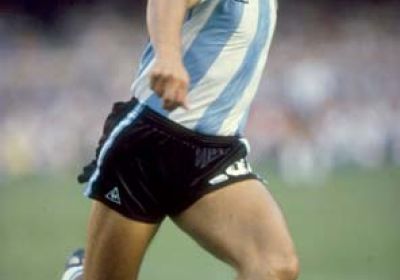
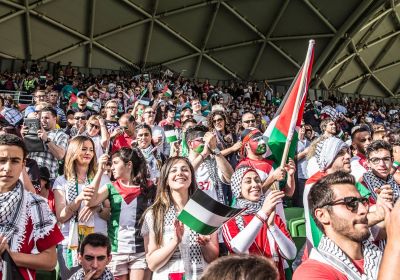
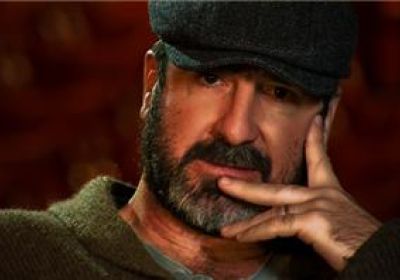
Football Rebels Presented by Eric Cantona Al Jazeera Started screening March 11. Al Jazeera is screening a five-part documentary on the stories of five football heroes whose social conscience led them to challenge unjust regimes, join opposition movements and lead the fight for democracy and human rights.
